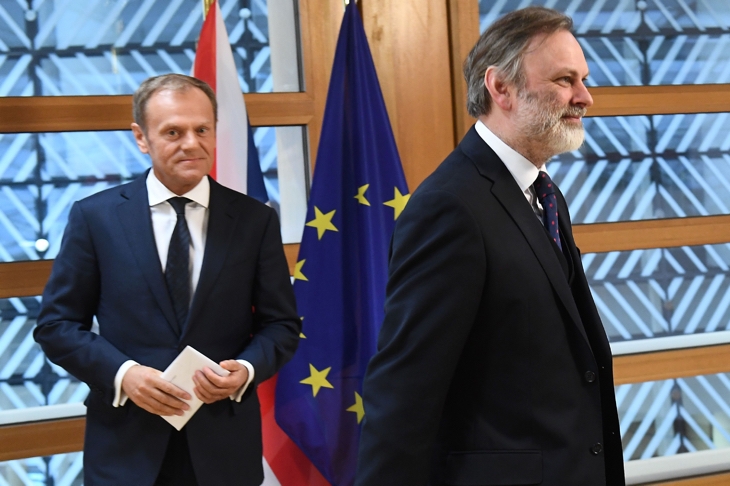The Brexit Secretary Dominic Raab travelled to Brussels this afternoon, but not to shake on a deal. Rather, he was there to tell Michel Barnier that there are bits of the Irish protocol that the UK cannot accept. If the two sides can’t come to an agreement on this, then there will be ‘no deal’—an outcome that neither the UK or the EU 27 wants but is now more likely than it has been at any point since the UK triggered Article 50.
So, what happens next? Well, there’ll be many on the EU side—particularly, in the Commission—who think that if they just sit tight, the UK will come to them. They reason, with some justification, that the UK hasn’t prepared anywhere near seriously enough for no deal and so as the clock ticks down, they’ll end up taking pretty much any deal. I understand that senior figures in Brussels feel that the UK became more accommodating in the private negotiations, not less, after the Salzburg smash-up and think that the same will happen again.
But this may be a miscalculation. Theresa May’s room for manoeuvre at this point is extremely limited. If she loses the DUP on the withdrawal agreement, she loses them for the rest of the parliament—making governing extremely difficult and her own position nigh-on-impossible. At the same time, a non-time limited UK wide backstop would be unacceptable to a significant—and growing—proportion of her Cabinet. It could only pass through the House of Commons if a very large number of Labour MPs voted for it.
Now, it is tempting to say that all negotiations go through moment like this, and then a deal is done. But it is indisputable that the chances of no deal have never been higher than they are this evening.







Comments